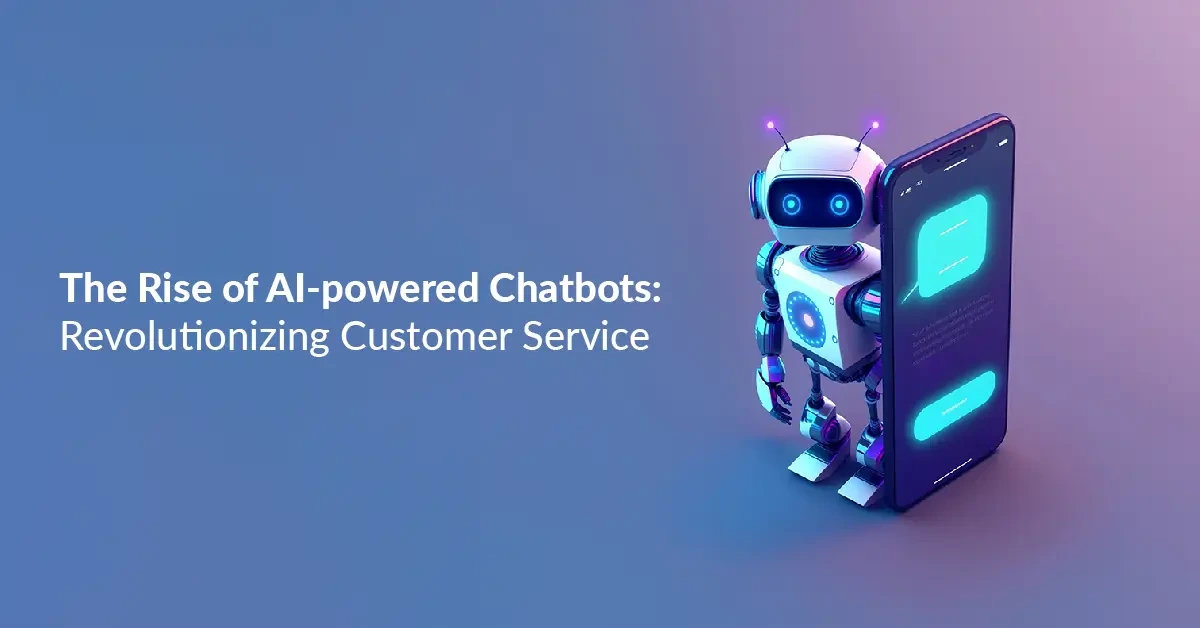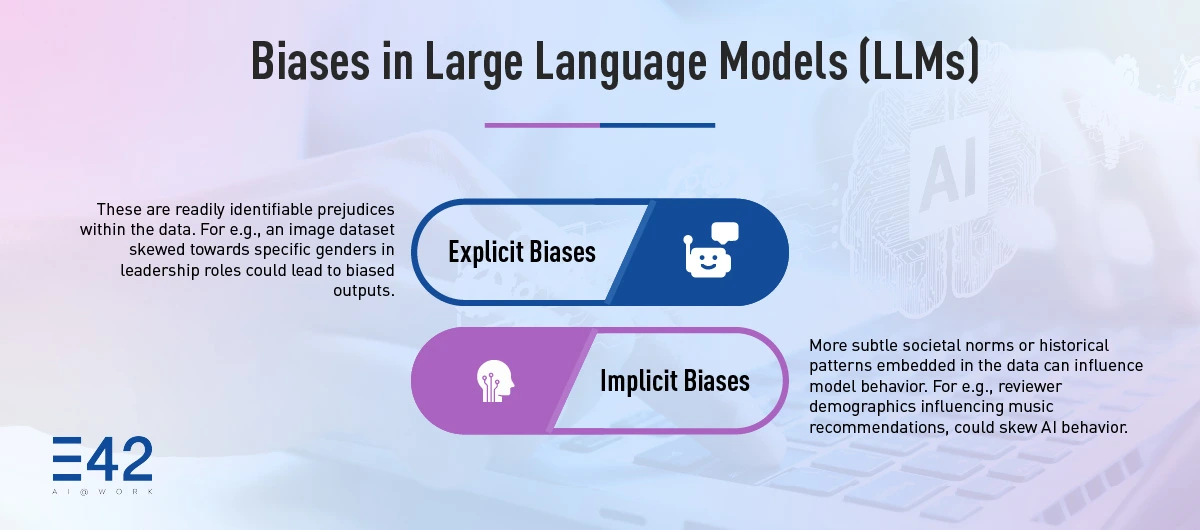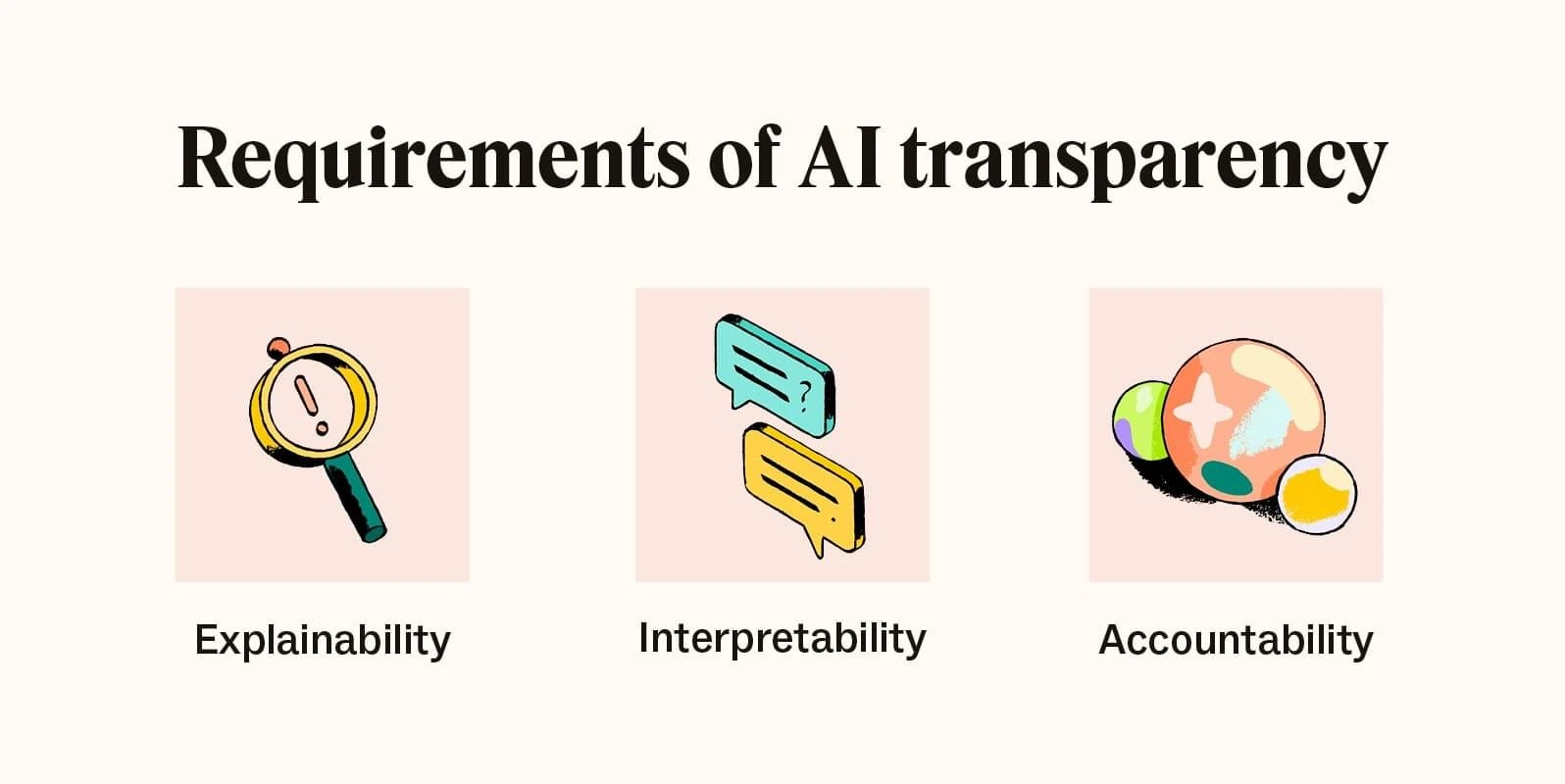When artificial intelligence entered mainstream consciousness, many of us were captivated by its potential. Chatbots could handle customer queries, predictive analytics promised more accurate business strategies, and automation systems aimed to reduce repetitive tasks. Fast forward a few years, and AI's capabilities have evolved exponentially, as have the conversations around how it should be governed. If you’re a business owner, leader, or enthusiast, understanding the ever-evolving landscape of AI legislation is more critical than ever.
Why Businesses Need to Care About AI Legislation
AI isn’t just about technology; it’s about trust. Legislators worldwide are racing to address concerns related to privacy, security, and ethical usage. But let’s be real—when you’re running a business, legislation might feel like just another hurdle. I get it. Navigating compliance can be overwhelming, but ignoring it isn’t an option anymore.
Think about this: Imagine a small marketing firm using AI tools to analyze customer data. Now, what happens when these tools inadvertently collect sensitive information that falls under a new data protection law? Suddenly, you’re not just running a business—you’re handling a potential legal crisis.
The Current Landscape of AI Regulations
AI laws are still in their infancy, but they’re growing up fast. Here's a snapshot of what’s happening globally:
1. Europe: The AI Act
The European Union has been leading the charge with its AI Act, focusing on risk-based classifications. High-risk AI systems—think medical devices or tools influencing hiring decisions—face stricter scrutiny. The aim? To protect citizens from harmful or biased AI outcomes.
2. The United States: State-Led Initiatives
Unlike the EU, the U.S. doesn’t have a federal AI framework yet. Instead, states are stepping up. California, for example, has expanded its privacy laws to include automated decision-making disclosures.
3. Asia: A Mixed Approach
China is pushing aggressive AI governance with its draft guidelines emphasizing ethical AI use, while countries like Japan focus more on promoting innovation alongside regulation.
What Does This Mean for Your Business?
Let’s break it down:
- Transparency is key. If your AI tools make decisions—be it approving loans or screening resumes—you need to explain how they work. Customers want to know, and laws are starting to demand it.
- Data privacy isn’t optional. Regulations like GDPR and CCPA are just the beginning. AI systems must respect user consent and data rights.
- Bias can cost you. From a legal and reputational perspective, biased AI can be disastrous. Conduct regular audits to ensure fairness in your algorithms.
How AI Legislation Impacts Startups vs. Established Businesses
As someone who has worked with both scrappy startups and seasoned corporations, I’ve seen firsthand how legislation hits them differently.
For startups, compliance might feel like an uphill battle. Limited budgets and resources mean it’s harder to integrate legal checks early on. But here’s the kicker: Doing so can be your unique selling point. Customers are increasingly drawn to ethical AI solutions.
Established companies, on the other hand, often have legacy systems that don’t align with new rules. Retrofitting compliance can be expensive, but ignoring it can cost more in fines and lost trust.
Steps to Prepare Your Business
Feeling overwhelmed? You’re not alone. Here are practical steps to get started:
- Conduct an AI audit. List every tool, platform, or system powered by AI in your organization.
- Understand your risks. Identify which of these tools could fall under “high-risk” categories.
- Train your team. Compliance isn’t just a tech issue; it’s a company-wide responsibility. Educate employees about new policies.
- Partner with experts. Whether it’s legal advisors or ethical AI consultants, don’t shy away from seeking help.
AI Legislation and Environmental Solutions
Did you know that AI is being used to tackle climate change? From optimizing energy use to predicting natural disasters, AI has become a critical tool for environmental solutions. But with power comes responsibility. Businesses in this space must navigate not only general AI laws but also sector-specific regulations tied to sustainability.
What’s Next? A Forward-Looking Perspective
AI legislation isn’t static; it’s dynamic. As technology evolves, so will the rules governing it. Businesses must stay informed and proactive. It’s not just about avoiding penalties; it’s about building trust and positioning yourself as a leader in responsible AI use.
So, where do you stand? Is your business ready to adapt to this new era of AI governance?








